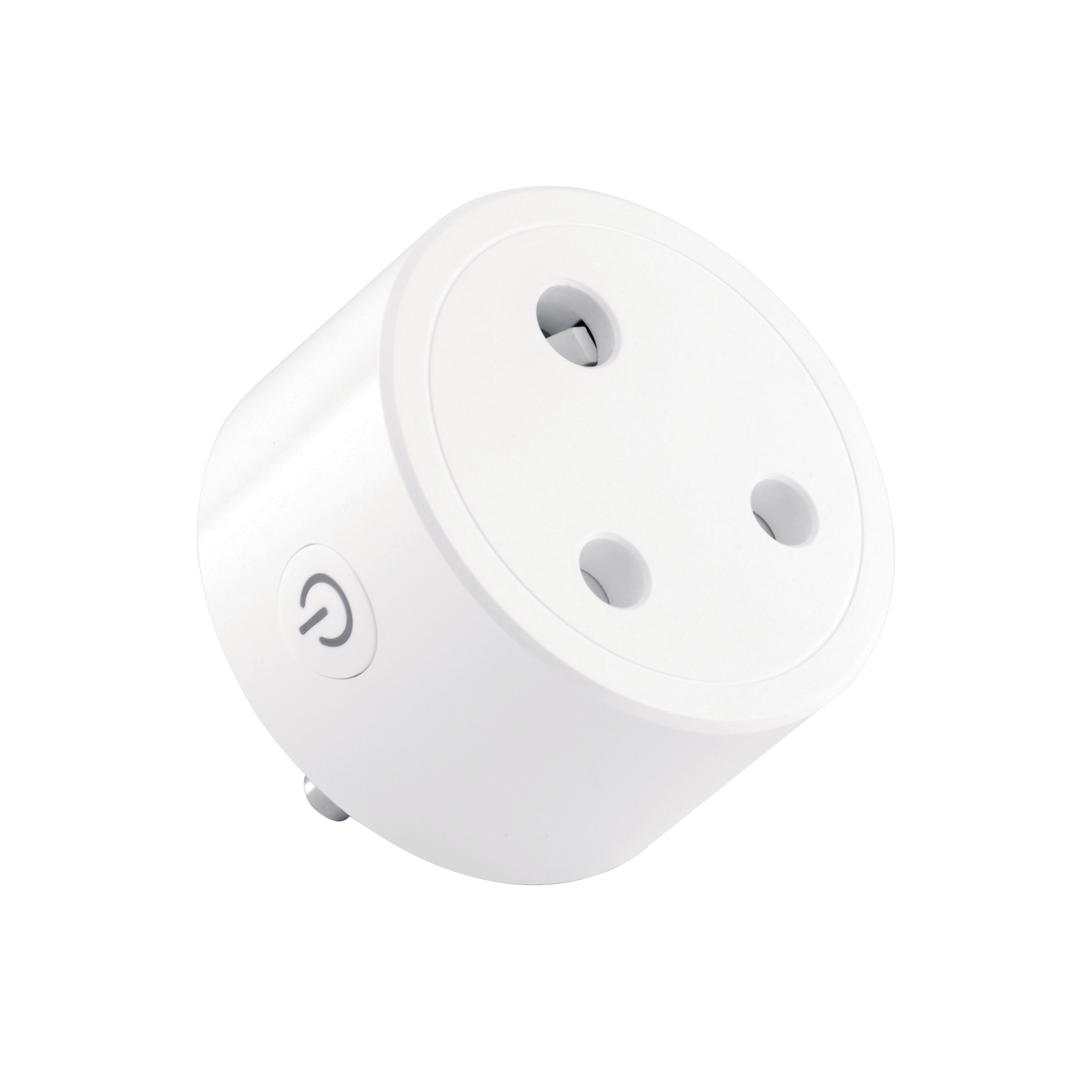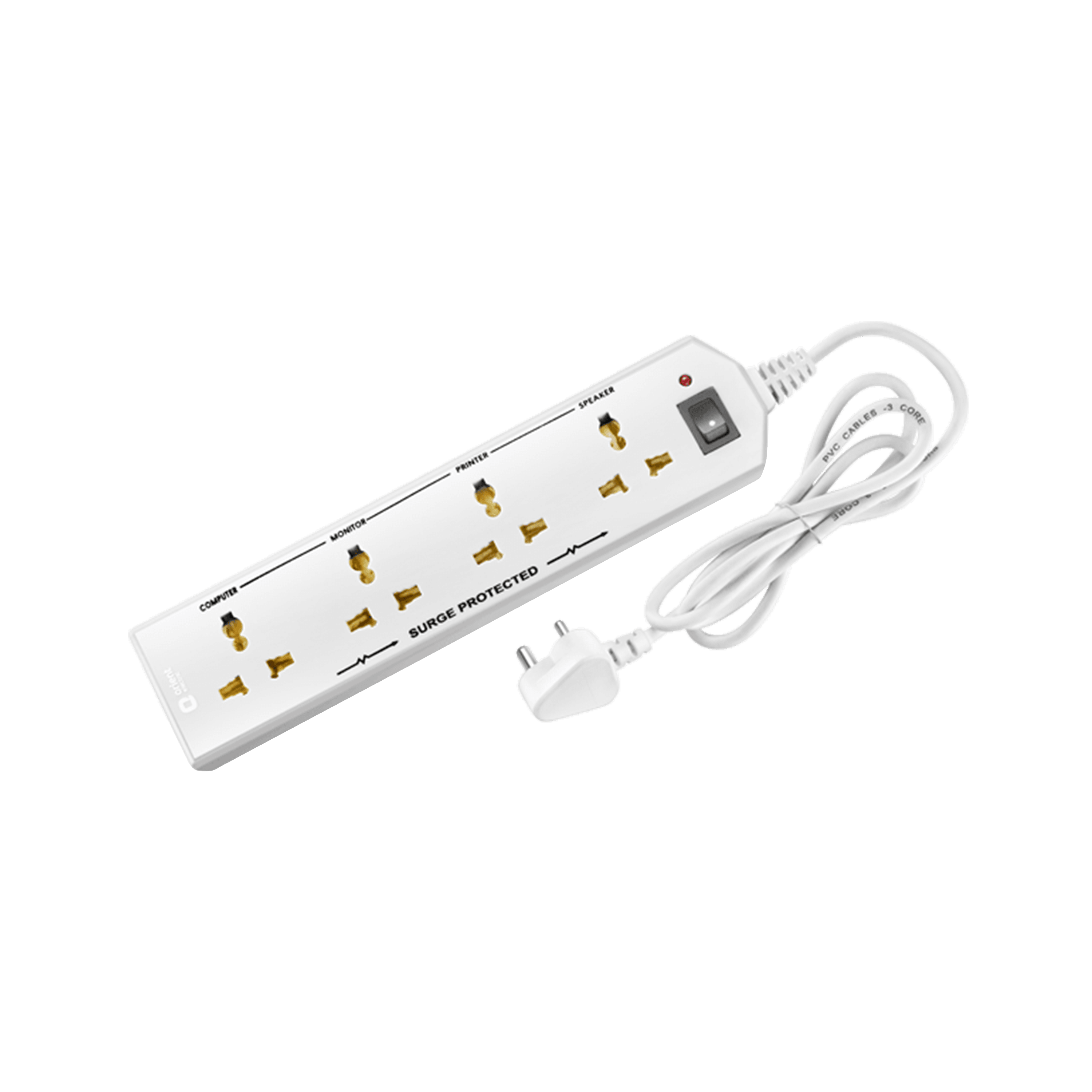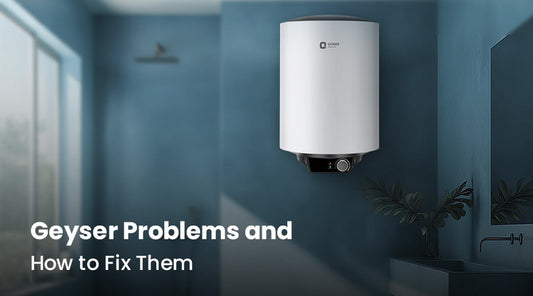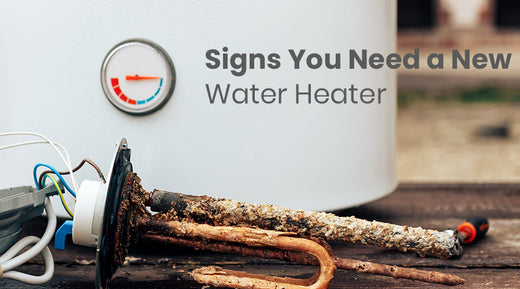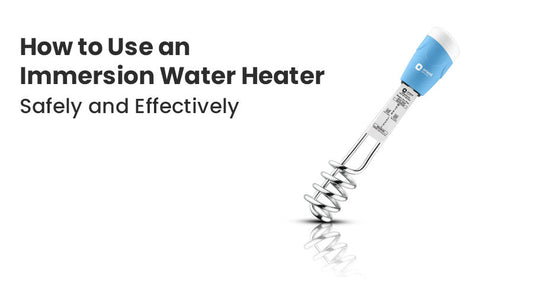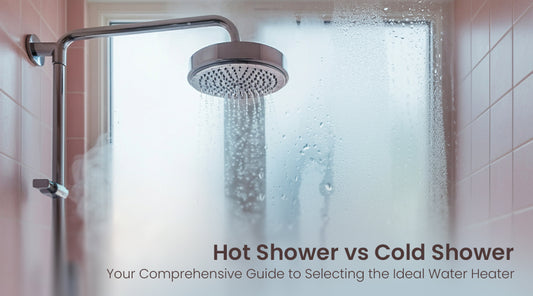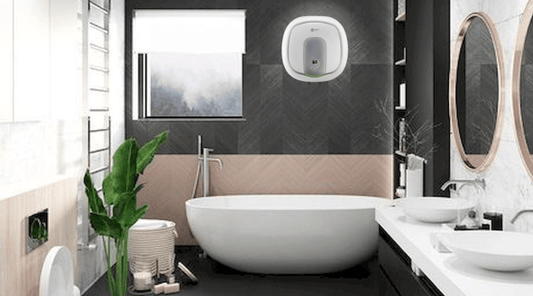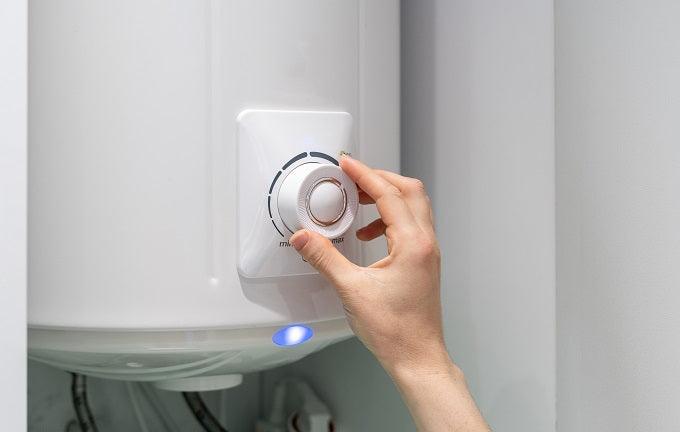
Hard Water Might Be Damaging Your Water Heater and You Wouldn’t Know

Your water heater might get damaged if you have a continuous source of hard water in your home. The more use of hard water the more accumulation of calcium and magnesium, and what does it lead to? This leads to a reduction in the efficiency of your water heating system. It may not cause any health risks, but it can still wreak havoc on your plumbing and appliances. One of the most vulnerable appliances to hard water is your geyser. Keep scrolling to get into the nitty-gritty of protecting your water heating system at home. But before that, do you know what hard water is exactly?
What is hard water?
Hard water is a common water quality that is caused by the high concentration of minerals like calcium and magnesium. Water from natural sources can pick up these minerals and flow to the household taps and shower tops. These minerals can accumulate on the appliances and damage the working efficiency of the same. Now how does it exactly affect your water heater? Let's find out
Understanding How Hard Water Affects Your Water Heater?
Hard water can be really hard on your geysers! When you heat the hard water, the minerals in it tend to precipitate and then form solid deposits. This deposit is called the limescale or mineral scale. The result? Now your heater needs to work extra hard to heat the water and thus consumes more energy. The final result? You sure will not like an increase in your energy bills, right? And that's not it, here is how it stops your water heaters from working efficiently for you-
- Leads to Scaling- Oh hard water is rich in calcium and magnesium but unlike your body, your water heater might not have much use with it. These minerals form a solid deposit on the heating elements and pipes. As it builds up, it acts as an insulator and makes it difficult for the water to get heated up. In the end, it reduces the efficiency of the overall performance of your water geyser.
- Corrosion- What it does next is to react with the metal components and with time it degrades your whole water heating system. This can affect the tanks, and the heating element more, and weaken the working of these components.
- Potential Leaks- The corrosion can weaken the durability of the water heater and eventually develop small cracks or holes in the tank or other components. This increases the risk of water leaks in your bathroom or kitchen. But fret not, we have a great solution for you. The Aquator Glassline Storage Water Heater from Orient Electric comes with a corrosion-resistant heating element that ensures your heating system a 40% longer lifespan.
- Higher electricity bills- This can be bad for you, right? Imagine using hard water leading to burning a hole in your pocket. This scaling and corrosion can make your water heaters run for extended periods to reach the temperature you desire. This increase in runtime leads to higher energy consumption and yes, you guessed that right, higher electricity bills.
After all this information, we sure are not letting you go without telling you what you can do to protect your water heater from hard water-
How to Protect Your Geyser from Hard Water?
The consistent strain on the water heater due to the accumulation of limescale, can eventually lead to breakdowns and costly repairs. Here are a few ways that you can attempt to safeguard your water geyser from getting damaged-
- Regular Flushing- Yes, now you also need to flush out the accumulated minerals from the water heater as well. Once in a while you can connect a hose and drain out the water from the tank. This is a simple and powerful preventative measure to remove the limescale buildup.
- Use water softeners- This is a very effective method as water softeners replace calcium and magnesium with sodium. This will soften the hard water. Then? It will then help in preventing the limescale formation in your geyser.
- Inspect for leaks- Look out for leaks or signs of damage around your water heater. Address any damage promptly and prevent costly damage or replacement.
- Corrosion-free water heaters- Replacing the heating element regularly can be a hassle for anybody. Instead, you can now look for geysers that offer corrosion-resistant heating elements. One of Orient Electric's water heaters that offers such a feature is the Urja Plus Storage Tank Water Heater.
Now that you know a lot about the whats and hows of the matter, would like to know which water heaters are suitable for places with hard water sources.
Which Geyser is Suitable for Hard Water?
By now you are quite clear that hard water contains elevated levels of minerals that can damage your water geysers. To combat the issue, here are the types of water heaters that you can choose to be relieved from this stress.
- Glass-lined geysers- Tanks with a glass lining are more durable and can shield against hard water. Our pick for you is Aquator+ storage water heater from Orient Electric. While this has a corrosion-resistant heating element it also lets you adjust the temperature.
- Instant Water Heater- As they are the on-demand water heaters, they don't store water in the tank. These are thus less susceptible to scale buildup and can be an excellent choice for areas with more hard water. You can look for the Aura Neo Instant Water Heater from Orient Electric. It not only is ultra-safe, but it also has glass wool insulation for better heat retention.
- Gas geysers- This is another option that you can choose! Do you know what the catch here is? There is no water involved at all. They heat water using gas preventing the chance of limescale accumulation.
- Digital geysers with Aniti-scaling- These are the modern-day water heaters. The anti-scaling features make it highly durable and compatible even with hard water. Aquator IoT Glassline Tank Water Heater from Orient Electric is sure a good option because it comes with all necessary features including a mobile app to control the temperature of your geyser.
Frequently Asked Question
Q1. Does hard water affect the water heater?
Ans. Yes, hard water can deposit unwanted minerals on the heating element and other pipes of the water heater. This can lead to low efficiency in the working.
Q2. How long does a water heater last with hard water?
Ans. If properly flushed and maintained, a water heater can work well for about 7 years even with hard water.
Q3. Which size geyser do I need for a family of four?
Ans. If you are going to use hot water in both bathrooms and kitchen then look for a 25l geyser. However, for moderate use only in the bathroom then look for a 15L geyser.
Q4. Is a 25-litre geyser enough for the bathroom?
Ans. For a family of 4, a 25L water heater will be more than enough for an average use in the bathroom.
Q5. Which is the best geyser for hard water in India?
Ans. For an area where hard water is the source of the water heater prominently, then go for an instant water heater as it does not store water or look for a glass line storage water heater as the coating on the heating element keeps it safe and durable.
